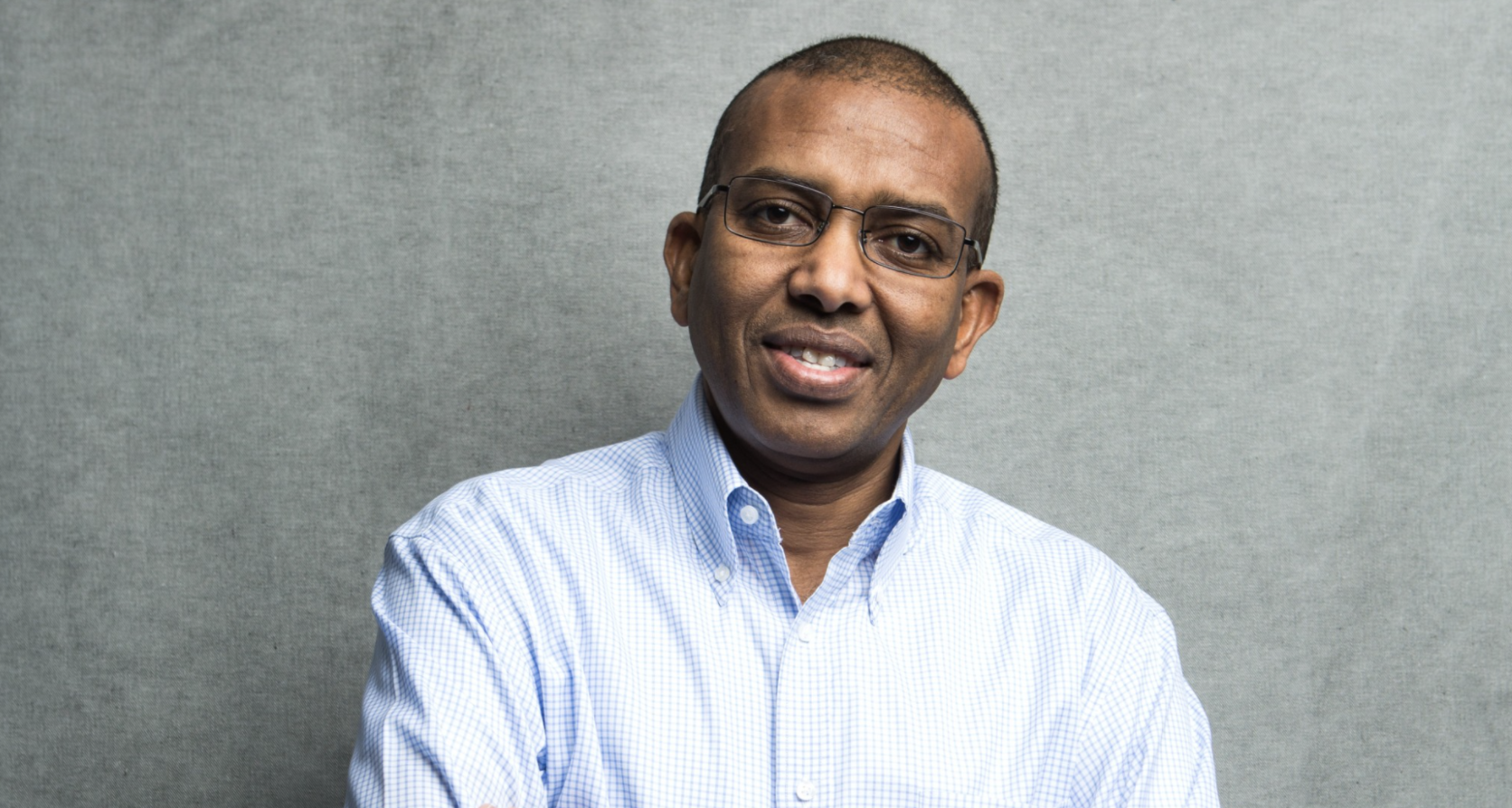Home to some of the world's top artificial intelligence (AI) labs, Europe is brimming with AI experts and many of them are using Twitter to talk about their work.
They're sharing academic papers, job opportunities, AI news and other bits of information that can be hard to come by through a standard Google search.
But finding these people on Twitter isn't always easy, so Sifted has curated a handy list of AI gurus for you to follow and thrive off.
1. Neil Lawrence (University of Cambridge)
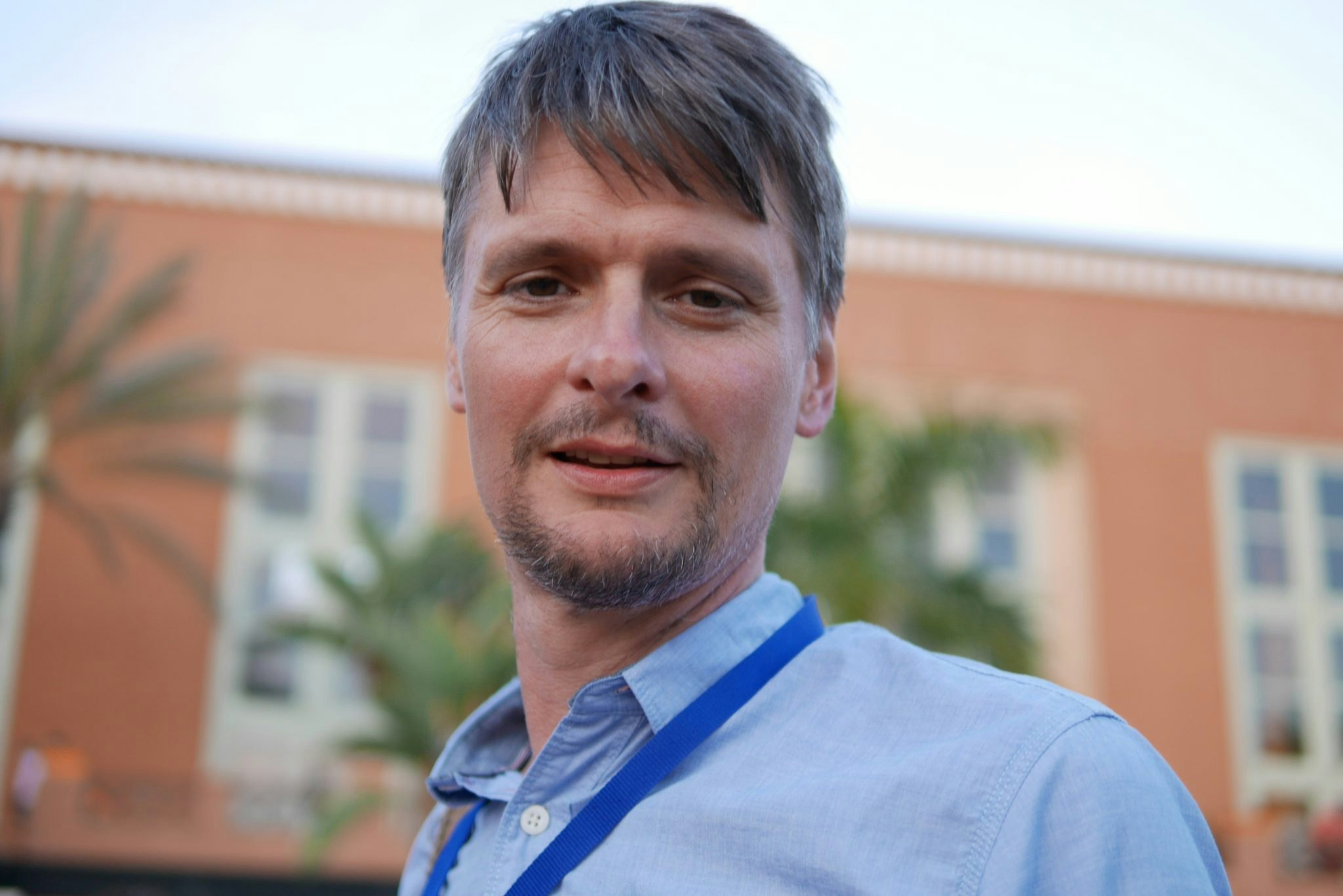
Neil Lawrence is a researcher at the University of Cambridge's Department of Computer Science and Technology. He announced he was joining the university in September as the inaugural DeepMind professor of machine learning. That essentially means DeepMind is paying him to carry out AI research at the university.
Prior to taking up the professorship, Lawrence was director of machine learning at Amazon Cambridge.
Likes to tweet about: Safe AI, Cambridge, diversity
Twitter handle: @lawrennd
2. Demis Hassabis (DeepMind)
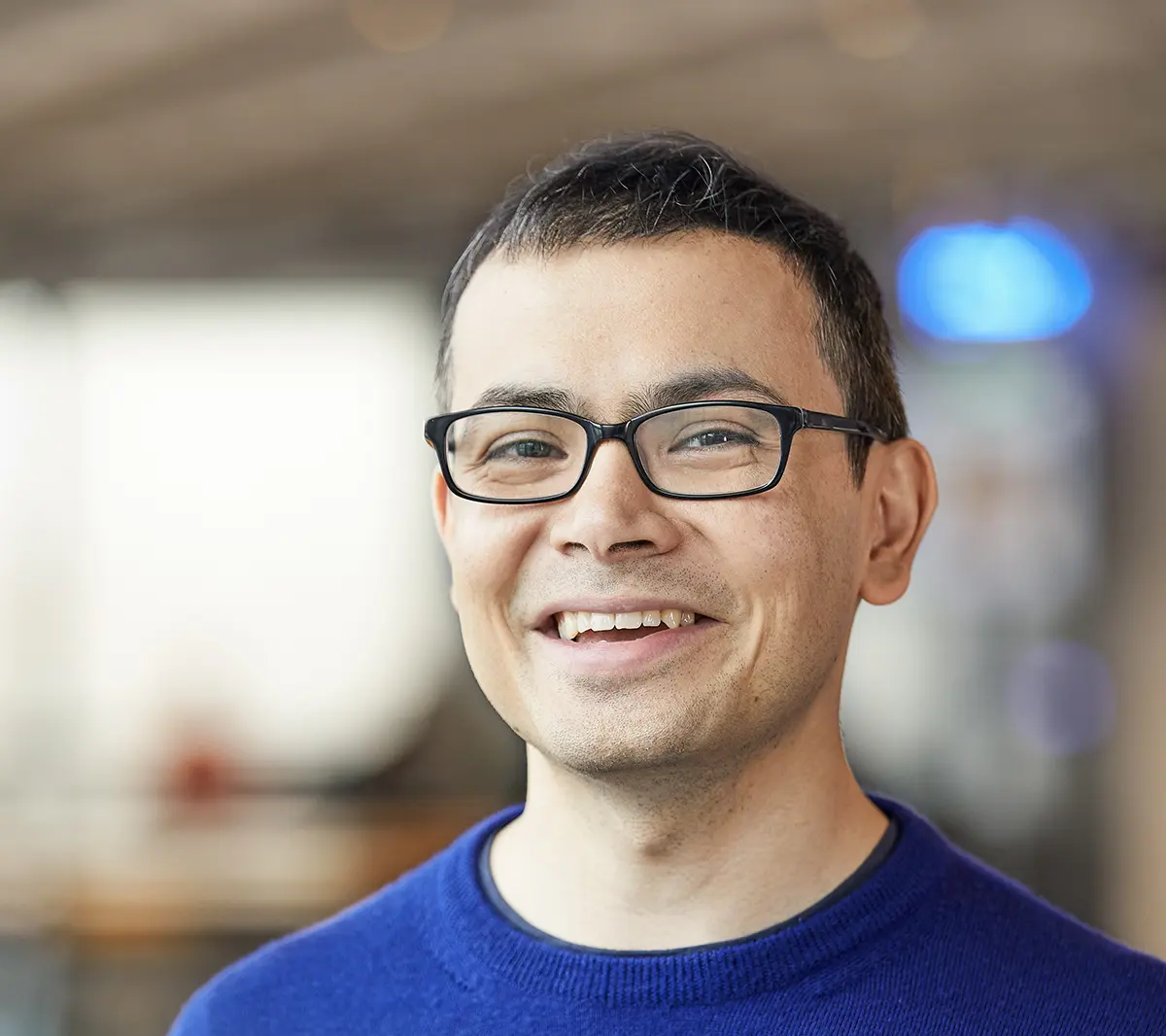
It feels like this man needs no introduction, but for anyone who doesn't know who Demis Hassabis is, here's the lowdown. He's the cofounder and chief executive of the London-headquartered DeepMind AI lab, which was acquired by Google in 2014 for £400m. Prior to DeepMind, Hassabis had his own computer games company called Elixir Studios, but his passion for games goes way back. He was a chess master at the age of 13 and the second-highest-rated under 14 player in the world at one time.
Likes to tweet about: Science, games, DeepMind breakthroughs
Twitter handle: @demishassabis
3. Catherine Breslin (Cobalt Speech)

Catherine Breslin is a machine learning scientist and consultant based in Cambridge. After completing her PhD at the University of Cambridge, Catherine went on to work on automatic speech recognition, natural language understanding and human-computer dialogue systems for the likes of Toshiba Research and the Amazon Alexa team.
Likes to tweet about: AI pioneers, jobs, education, Amazon
Twitter handle: @catherinebuk
4. Samim Winiger (Ecospace)
Not one to shy away from complex world issues, Berlin-based Samim Winiger recently worked for Google on interactive machine learning projects. He's also the cofounder of a startup called Ecospace, which is on a mission to cultivate nature with digital tools and practices that are open-sourced to everyone.
Likes to tweet about: Mental health, Japanese culture, inequality, harmful AI
Twitter handle: @samim
5. Beth Singler (University of Cambridge)
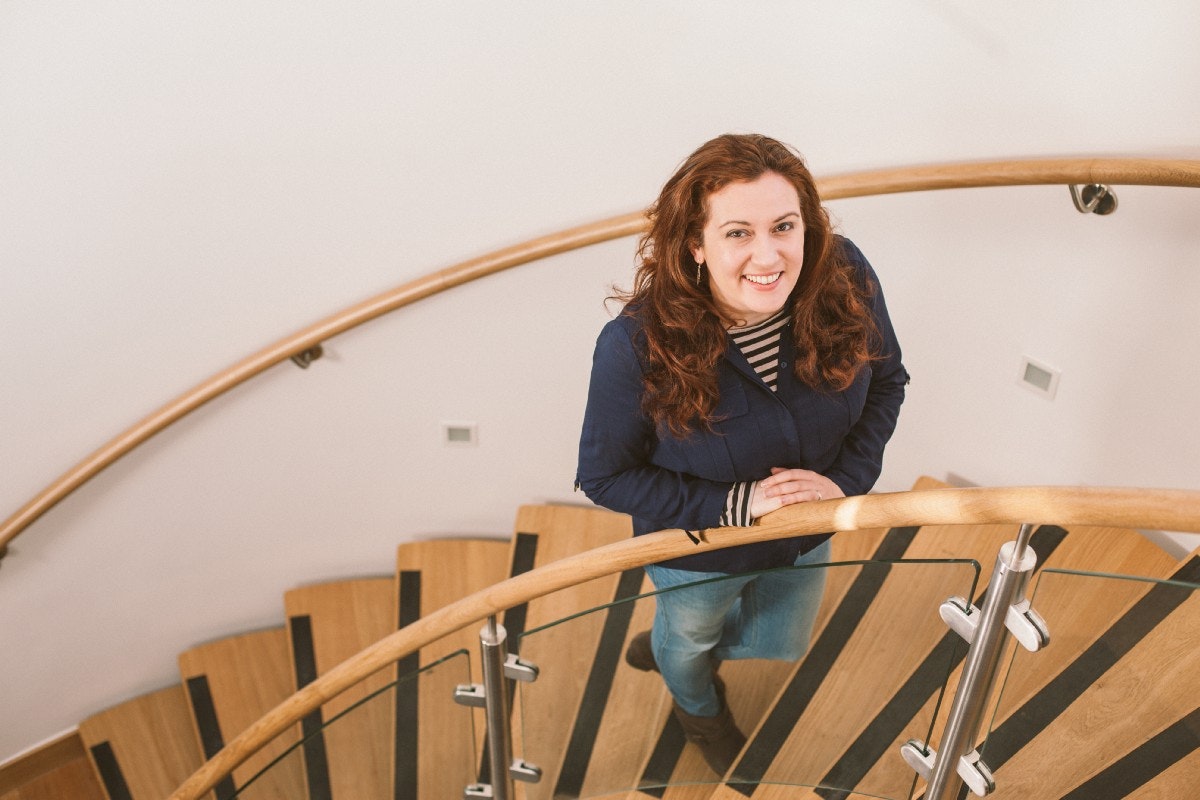
Beth Singler is a research fellow anthropologist at the University of Cambridge who, according to her Twitter bio, is "thinking about how you think about AI/robots". Among her main concerns are the social, ethical, philosophical and religious implications of advances in AI and robotics.
Likes to Tweet about: Crazy robots, memes, tea, religion
Twitter handle: @BVLSingler
6. Odette Scharenborg (Delft University of Technology)
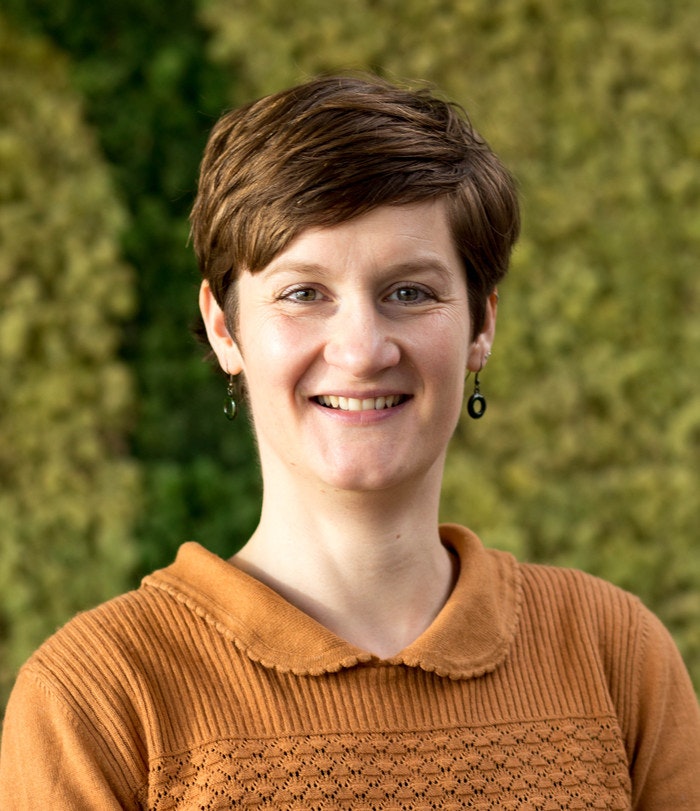
Odette Scharenborg is an associate professor at Delft University of Technology, where she works on speech processing. She's interested in areas like non-nativeness, under-resourced languages, background noise, and emotion.
Likes to tweet about: Diversity in AI, baby animals, fantasy novels, running
Twitter handle: @OScharenborg
7. Andrew Trask (DeepMind)

Andrew Trask is a PhD student at the University of Oxford and a senior research scientist at DeepMind, where he studies privacy and AI. He's also written a book about deep learning, an AI technique, which has sold over 10,000 copies.
Likes to tweet about: Privacy, deep learning
Twitter handle: @iamtrask
8. Jack Kelly (Open Climate Fix)
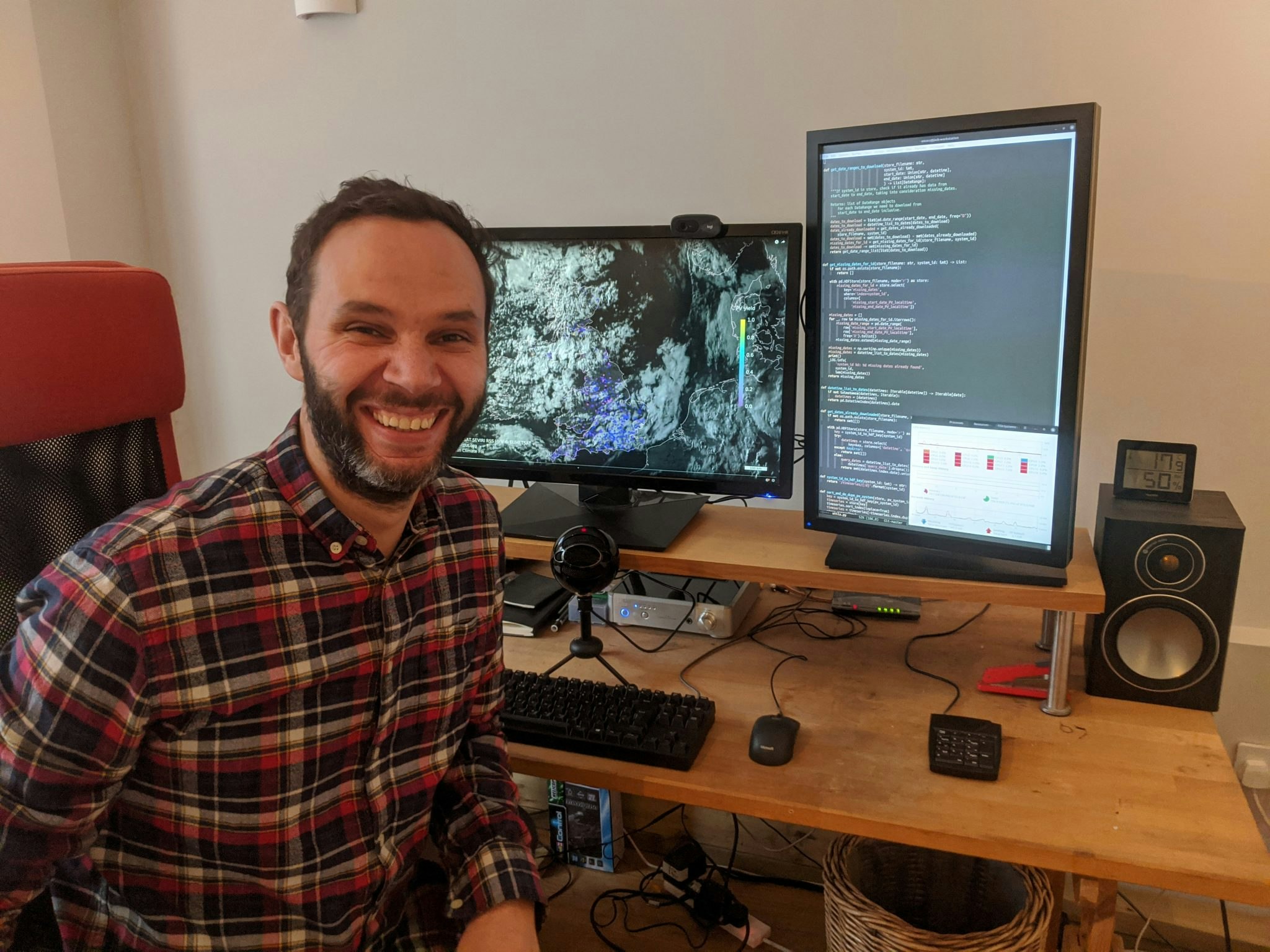
Jack Kelly left DeepMind (not many people do) in order to set up a non-profit climate change startup. “Open Climate Fix is entirely focused on using open-science to mitigate climate change,” Kelly told Sifted earlier this month. “The aim of our first project is to reduce emissions from the electricity system by building the best near-term solar electricity forecasting system. We’re using machine learning, satellite imagery and numerical weather predictions.”
Likes to tweet about: Emissions, startups, National Grid
Twitter handle: @jack_kelly
9. Nando de Freitas (DeepMind)
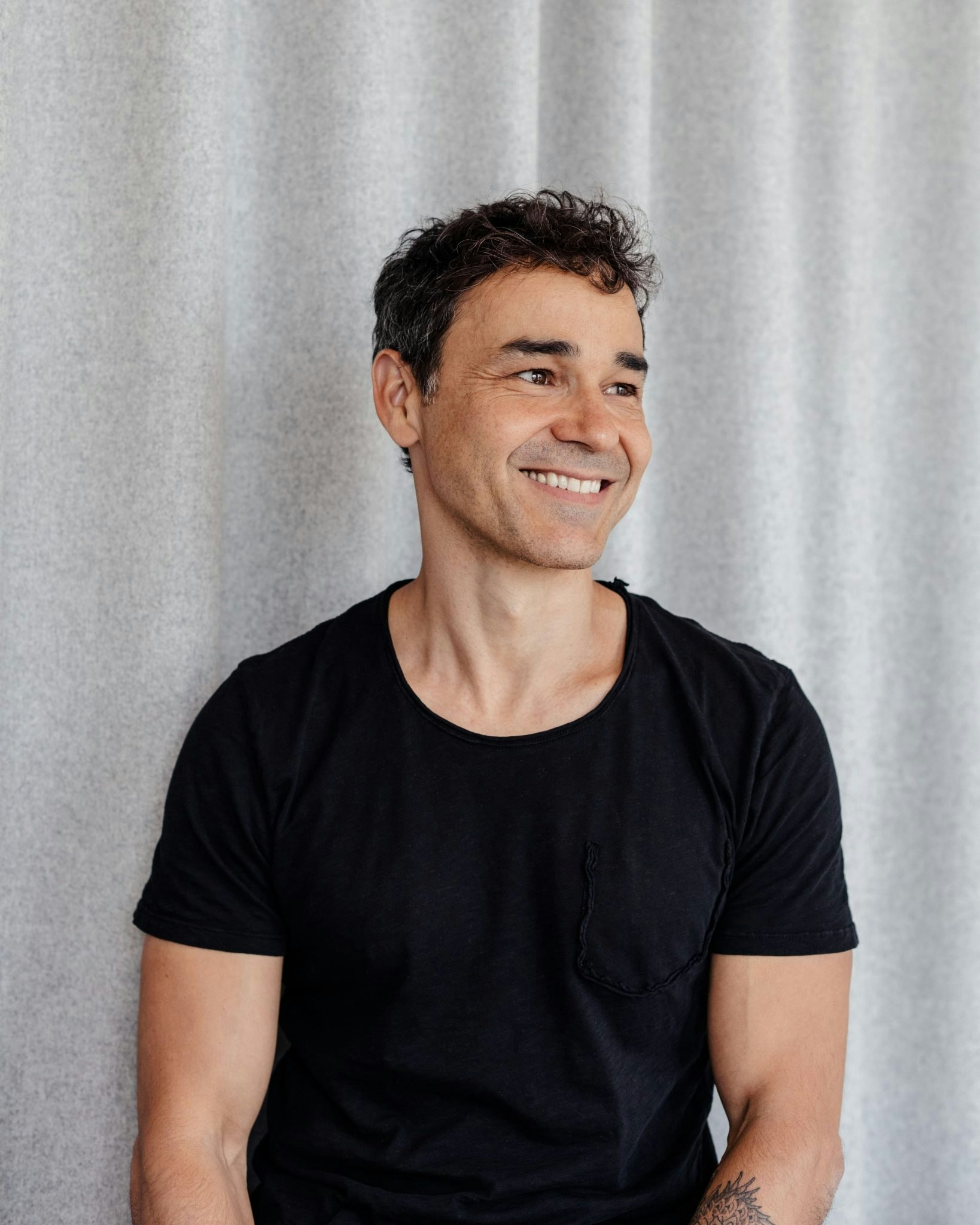
Nando de Freitas sold his startup, Dark Blue Labs (a spinout from Oxford University), to DeepMind in October 2014. In his Twitter bio, he writes: "I research intelligence to understand what we are, and to harness it wisely."
Likes to tweet about: The brain, climate change, DeepMind research
Twitter handle: @NandoDF
10. Danielle Belgrave (Microsoft Research)
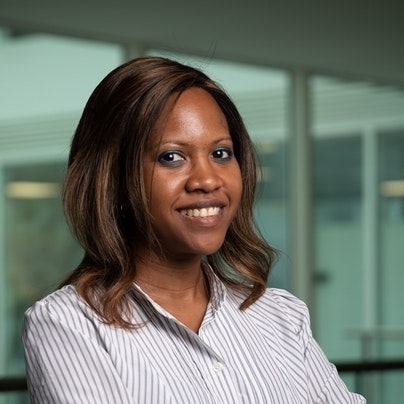
Danielle Belgrave is a computer scientist at Microsoft Research. Among other things, she focuses on how machine learning can be applied to healthcare. For example, she's currently looking at using machine learning models to understand disease progression and heterogeneity disease.
Likes to tweet about: Healthcare, climate change, automation
Twitter handle: @DaniCMBelg
11. Rob McCargow (PwC)

Director of AI at PwC, Rob McCargow certainly breaks the mould of a "boring accountant" working at one of the "Big Four". A keen retweeter/news sharer, McCargow does a good job of keeping on top of AI news and sharing it with his followers.
Likes to tweet about: Responsible AI, veganism, UK tech
Twitter handle: @RobMcCargow
12. Edward Grefenstette (Facebook AI Research)

Edward Grefenstette left DeepMind in November 2018 and joined Facebook AI Research in January 2019, raising a few eyebrows in the process. One of his main areas of interest is natural language understanding, which has wide applications across Facebook's platform.
Likes to tweet about: Politics, AI research papers
Twitter handle: @egrefen
13. James Vincent (The Verge)
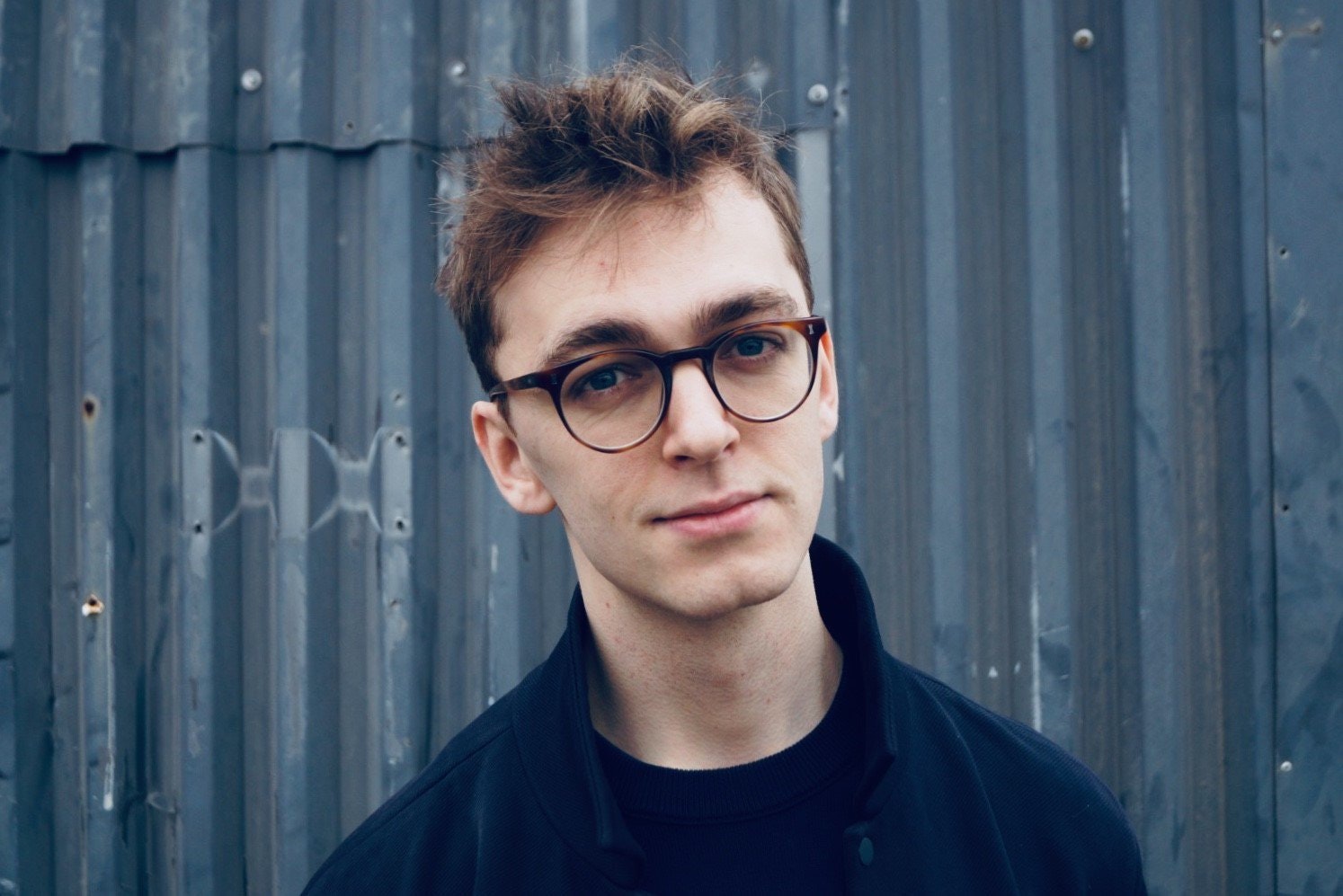
James Vincent is one of the best-known AI journalists in the UK. Funny, yet smart, he has a knack for sifting through complex AI research papers and pulling out the most interesting bits. He's also working on a book on the history of measurement.
Likes to tweet about: AI breakthroughs, scary robots, science, weird things on the internet
Twitter handle: @jjvincent
14. William Tunstall-Pedoe (Startup mentor, advisor, investor)
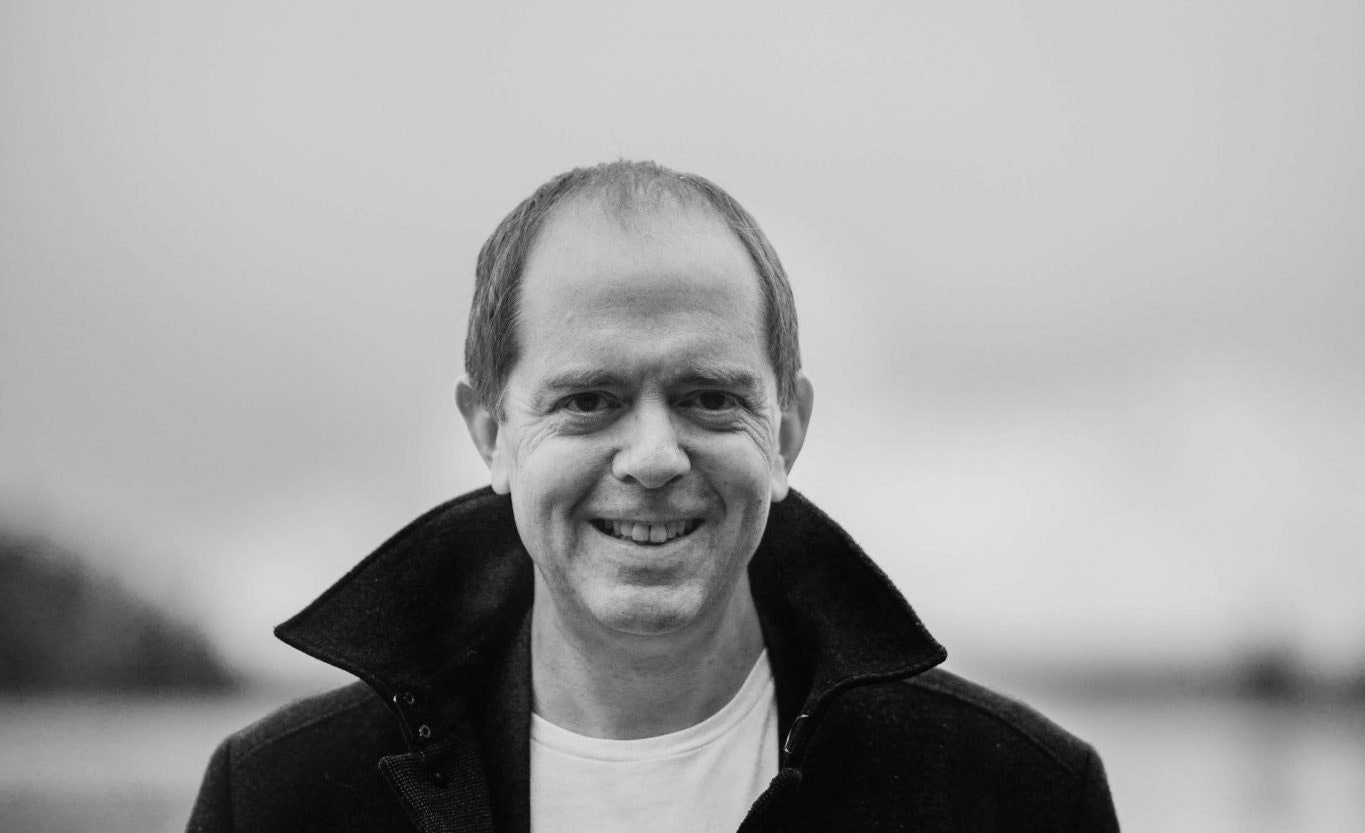
William Tunstall-Pedoe is responsible for building a lot of the technology inside one of the world's most popular voice assistants: Alexa. He sold his voice recognition startup, Evi Technologies, to Amazon in 2012 for what was reported to be around $26 million (£21 million). Amazon used Evi as the foundation for Amazon Cambridge, which now employs hundreds of people.
Likes to tweet about: Politics, startups, Alexa
Twitter handle: @williamtp
15. Murray Shanahan (DeepMind)
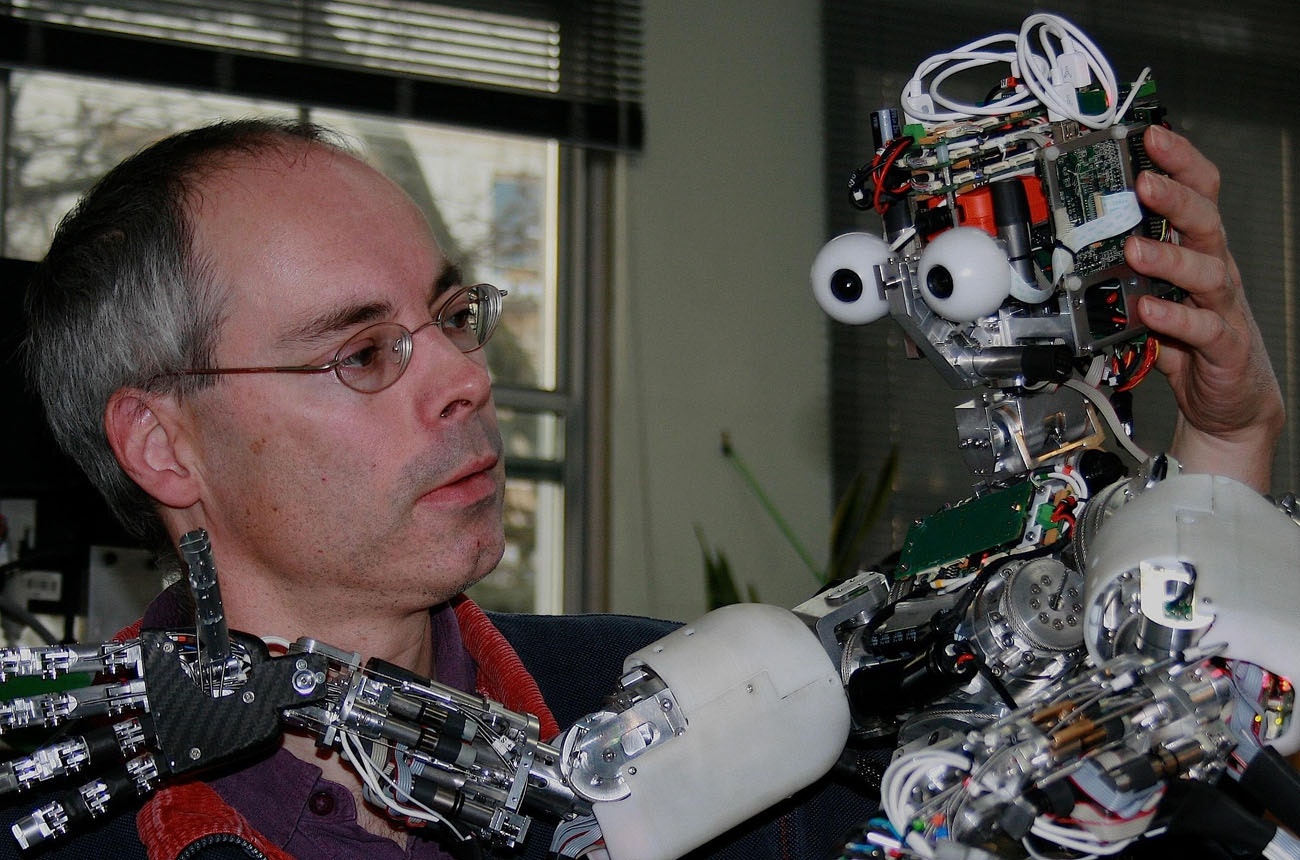
Murray Shanahan splits his time across the Department of Computing at Imperial College London, one of the leading universities in the world, and DeepMind, where he is a senior research scientist. He's also written a book called "The Technological Singularity".
Likes to tweet about: Robotics, computational neuroscience, and philosophy of mind
Twitter handle: @mpshanahan
16. Verena Rieser (Heriot Watt University)

Verena Riser is a professor in conversational AI at Heriot Watt University in Edinburgh. Her particular area of interest is at the intersection of language technology and machine learning. She has worked on interdisciplinary applications spanning decision support, human-robot interaction, spoken dialogue systems and natural language generation.
Likes to tweet about: Academia, feminism
Twitter handle: @verena_rieser
17. Joanna Bryson (University of Bath)
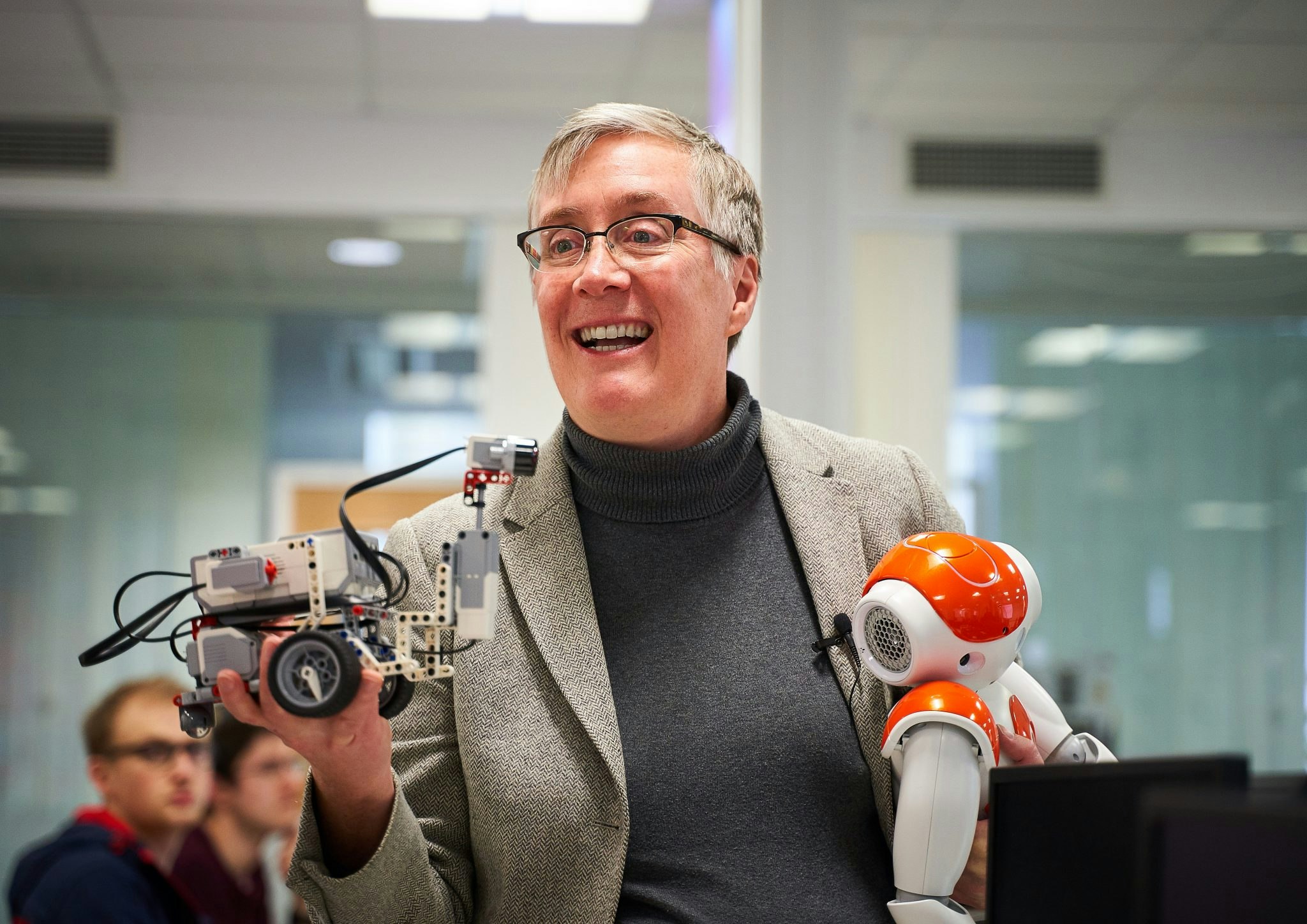
Joanna Bryson founded the Bath AI Group at the University of Bath. She is set to become a professor of ethics and technology at Berlin's Hertie School of Governance in February.
Likes to tweet about: AI ethics and policy
Twitter handle: @j2bryson
18. Noel Sharkey (University of Sheffield)
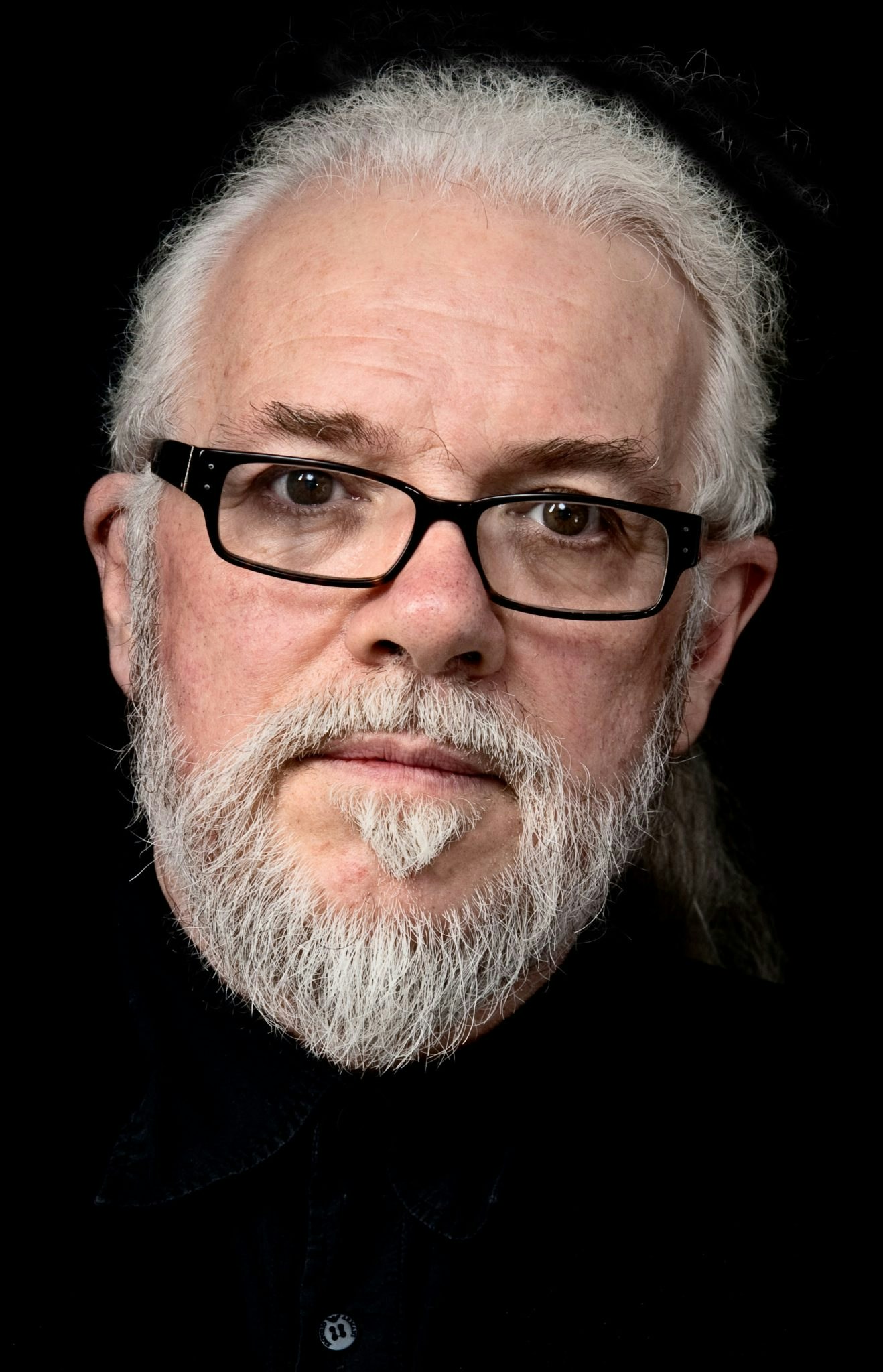
Best known for his appearances on Robot Wars, Noel Sharkey is also a professor of AI and robotics at the University of Sheffield.
Likes to tweet about: Biologically inspired robotics, cognitive processes, history of automata
Twitter handle: @NoelSharkey
19. Tabitha Goldstaub (CognitionX)
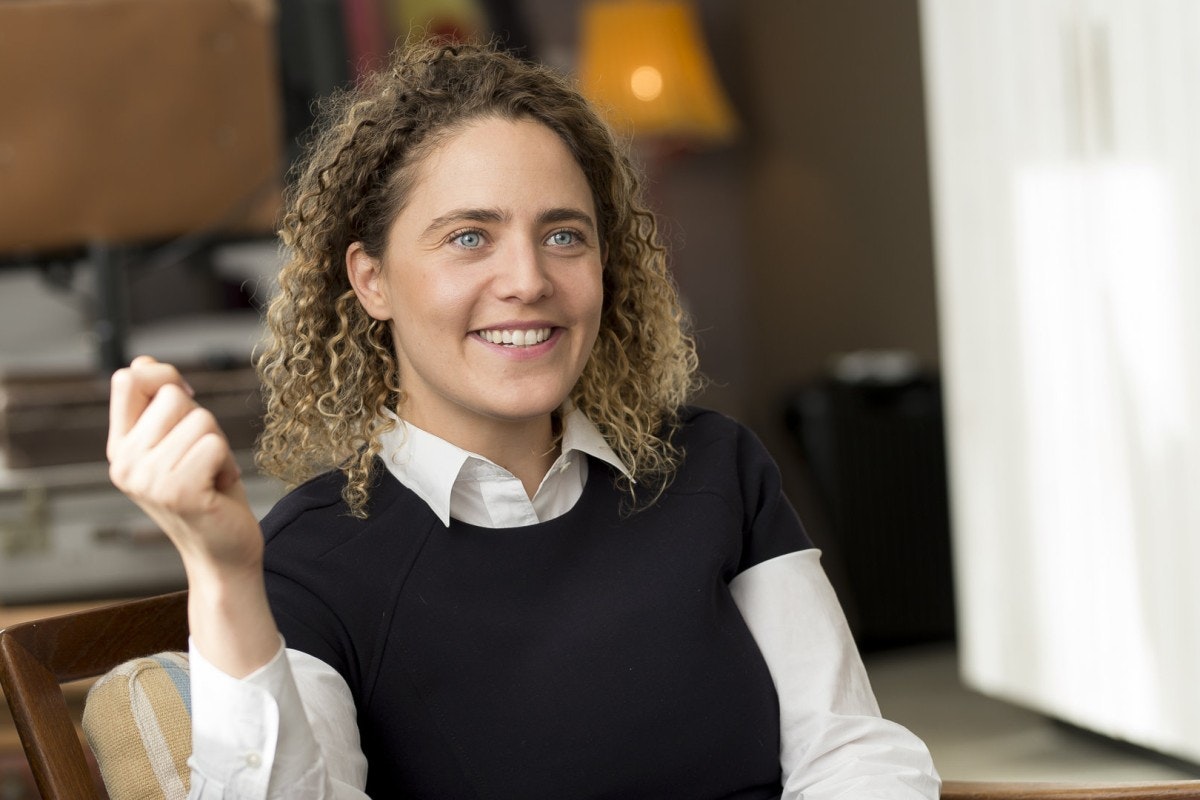
Tabitha Goldstaub is the brains behind CognitionX, the UK's biggest AI conference. The event attracts employees from companies like Amazon and Palantir, as well as investors looking to back the next big thing. Goldstaub is also chair of the UK Government's AI Council.
Likes to tweet about: AI conferences, women in tech
Twitter handle: @tabithagold
20. Alan Winfield (University of the West of England, Bristol)

Alan Winfield is a professor of robotics ethics at UWE Bristol, where his work spans research and public engagement. He spends a chunk of his time at the Bristol Robotics Lab and has a particular interest in cognitive robotics.
Likes to tweet about: Politics, robot ethics
Twitter handle: @alan_winfield
21. John Danaher (National University of Ireland, Galway)
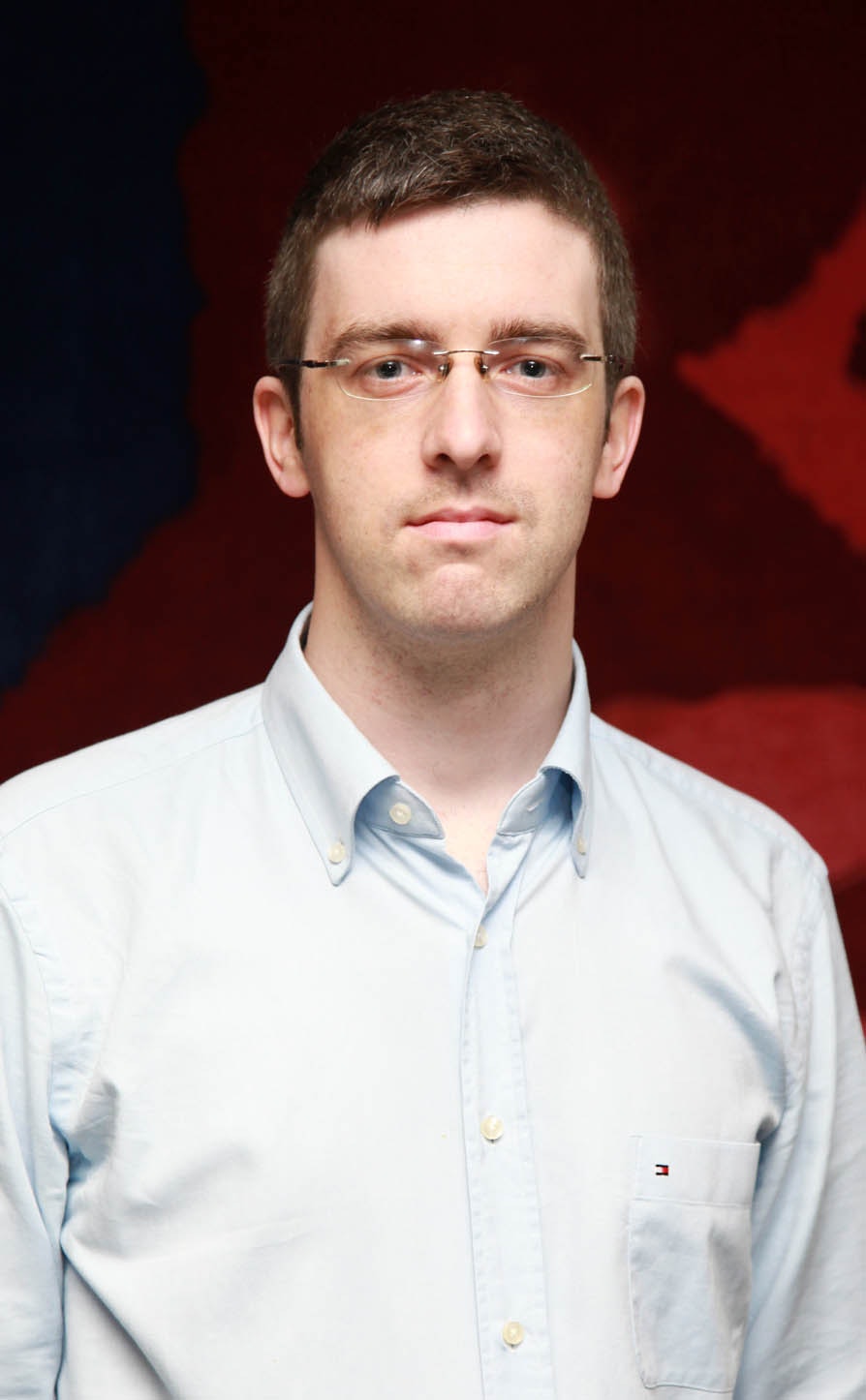
Photograph by Aengus McMahon
John Danaher is an academic and lecturer at the National University of Ireland, Galway. He teaches in the university's School of Law but he's an affiliate scholar at the Institute for Ethics and Emerging Technologies. His research involves looking at the ethical, social and legal implications of emerging technologies, such as AI.
Likes to tweet about: The mind, surveillance
Twitter handle: @johndanaher
22. Maria Axente (PwC)
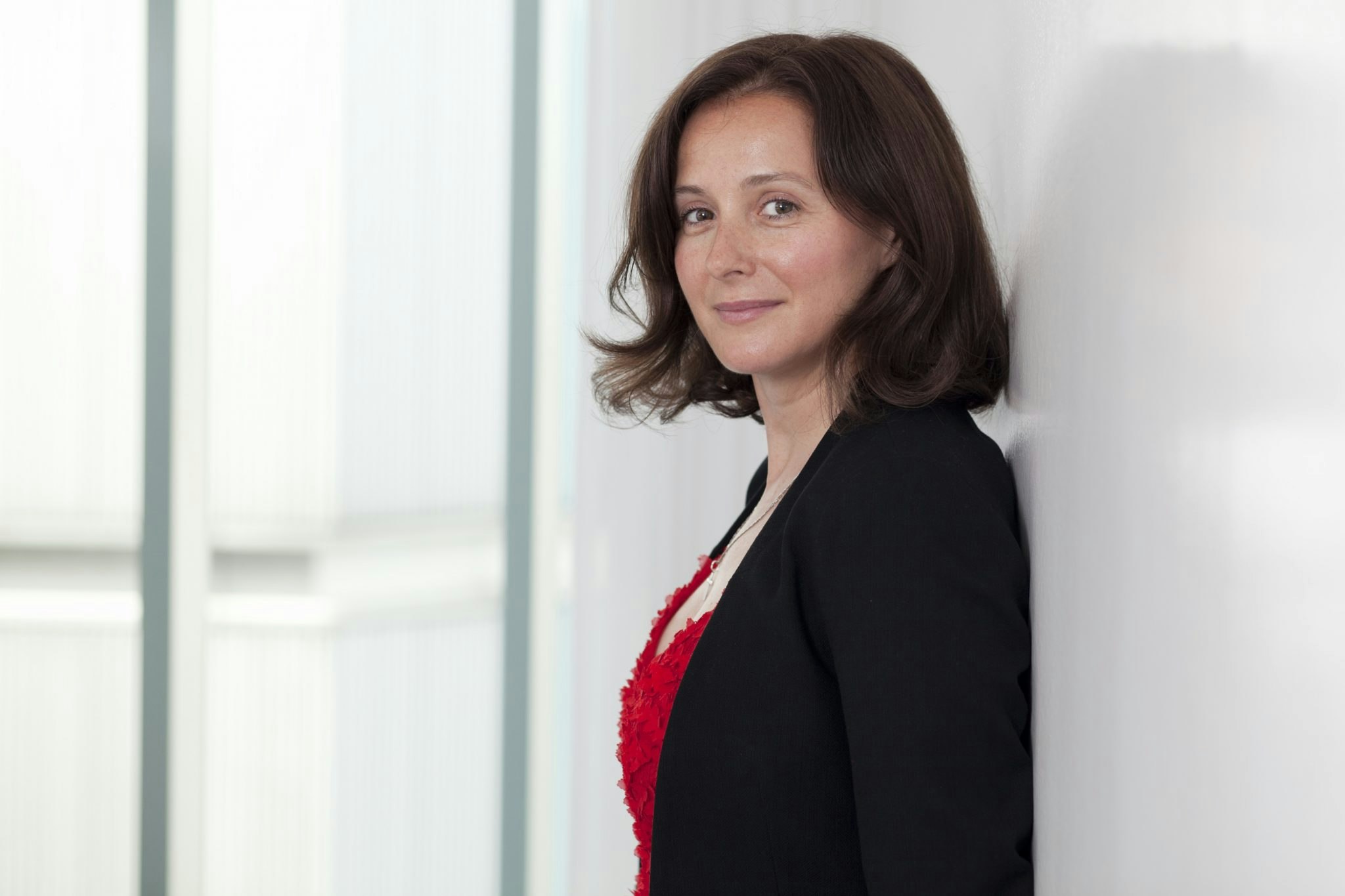
The second PricewaterhouseCoopers (PwC) employee to make the list. Who'd have thought it? Maria Axente is the artificial intelligence programme driver and AI for Good Lead at PwC in London. In her role, Axente advises PwC's partners across industry, academia, governments and more on how to harness the power of AI in an ethical and responsible manner.
Likes to tweet about: AI regulation, ethics
Twitter handle: @maria_axente
23. Sarah Porter (Inspired Minds)

Sarah Porter is the founder and chief executive of Inspired Minds, which is a community of 52,000 people that are trying to do good with AI.
Likes to tweet about: Climate change, ethics, the EU
Twitter handle: @SColesPorter
24. Kate Devlin (King's College London)
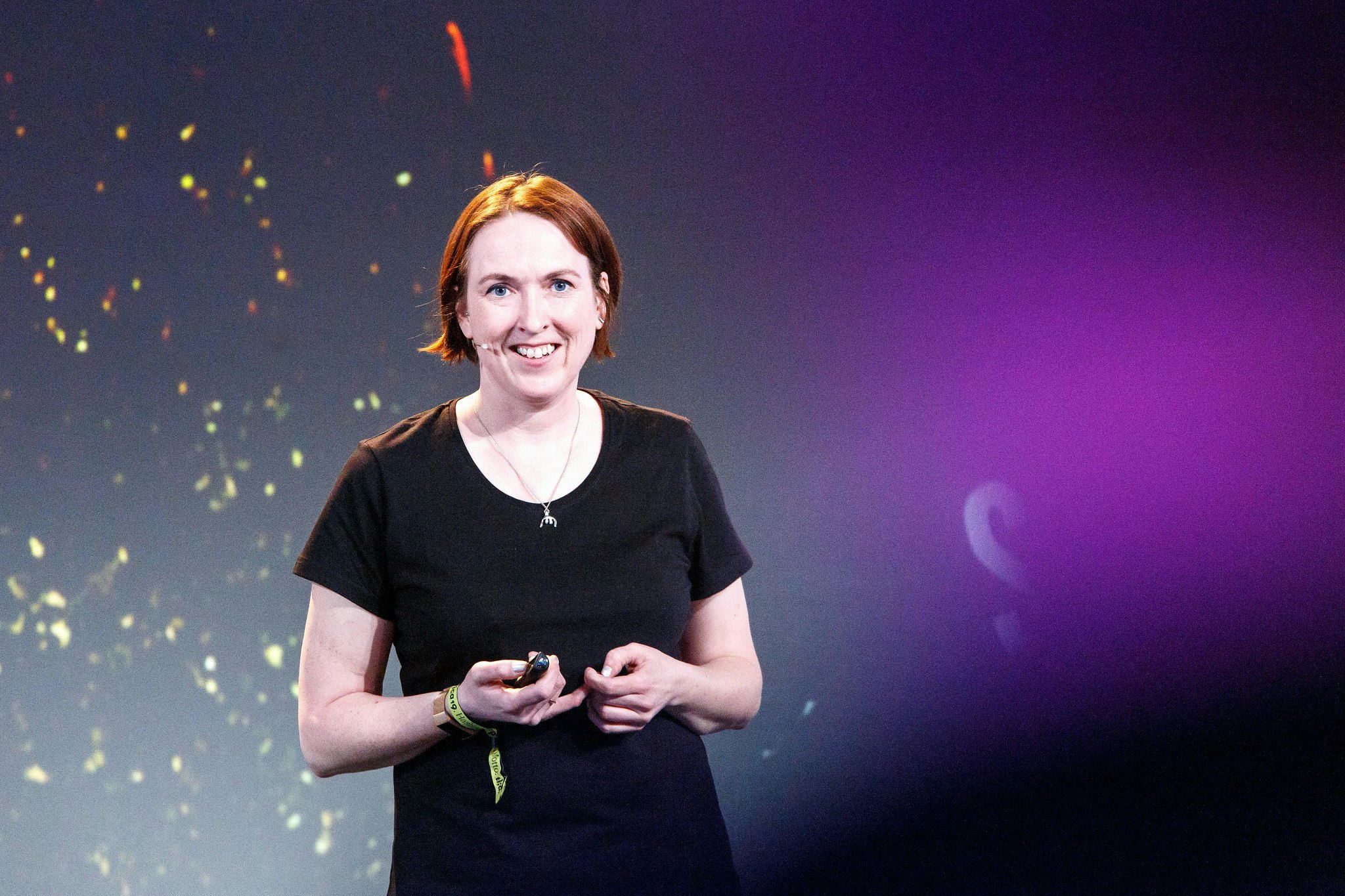
Kate Devlin is a senior lecturer in the Department of Digital Humanities at King's College London, where she is "investigating how people interact with and react to technology in order to understand how emerging and future technologies will affect us and the society in which we live". She started her career as an archaeologist, before moving into computer science. Devlin has also written a book on sex robots called "Turned On".
Likes to tweet about: Sex robots
Twitter handle: @drkatedevlin
25. Kriti Sharma (Sage)
Kriti Sharma is the vice president of artificial intelligence and ethics at Sage, which is often referred to as one of the UK's largest tech companies. Sharma built her first robot at the age of 15 and went on to be appointed as United Nations Young Leader for the Sustainable Development Goals (SDGs) in 2018.
Likes to tweet about: Human bias in AI, AI for Good, Sage
Twitter handle: @sharma_kriti
26. Dame Wendy Hall (University of Southampton)
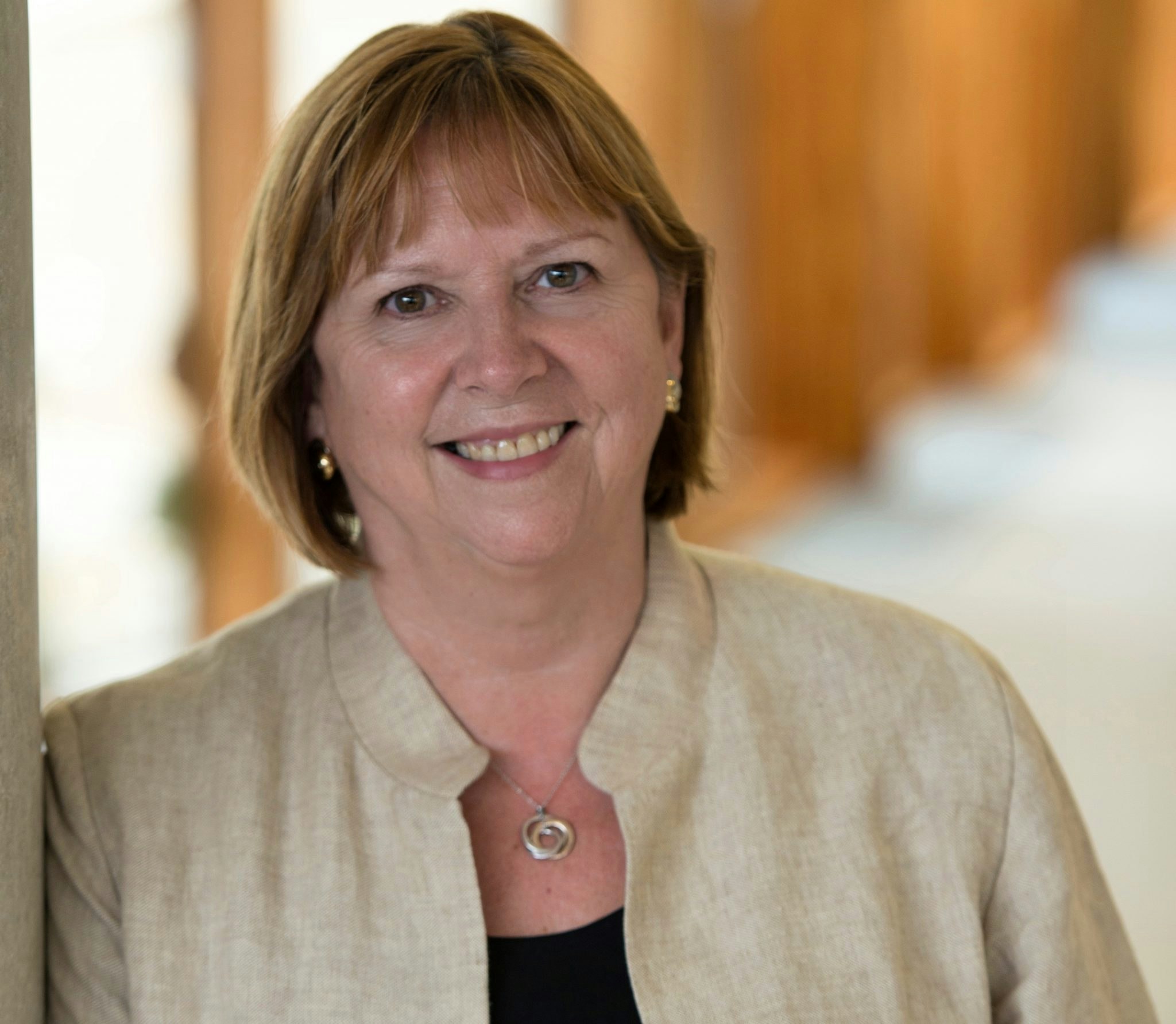
Dame Wendy Hall wears many hats. In addition to being a professor at the University of Southampton, she's also the UK's AI skills champion and she co-chaired the UK government’s AI Review. She's also a fellow of the prestigious Royal Society.
Likes to tweet about: Women in science and engineering
Twitter handle: @DameWendyDBE
27. Jess Williams (Opearlo)

Y Combinator graduate Jess Williams is the chief executive of Opearlo, which is trying to build the best voice apps for Google Home and Amazon Alexa. Before getting into the startup world, Williams spent three and a half years at Accenture as a consultant and a product manager.
Likes to tweet about: Education, diversity in AI
Twitter handle: @Jess_P_Williams
28. Katja Hofmann (Microsoft Research)
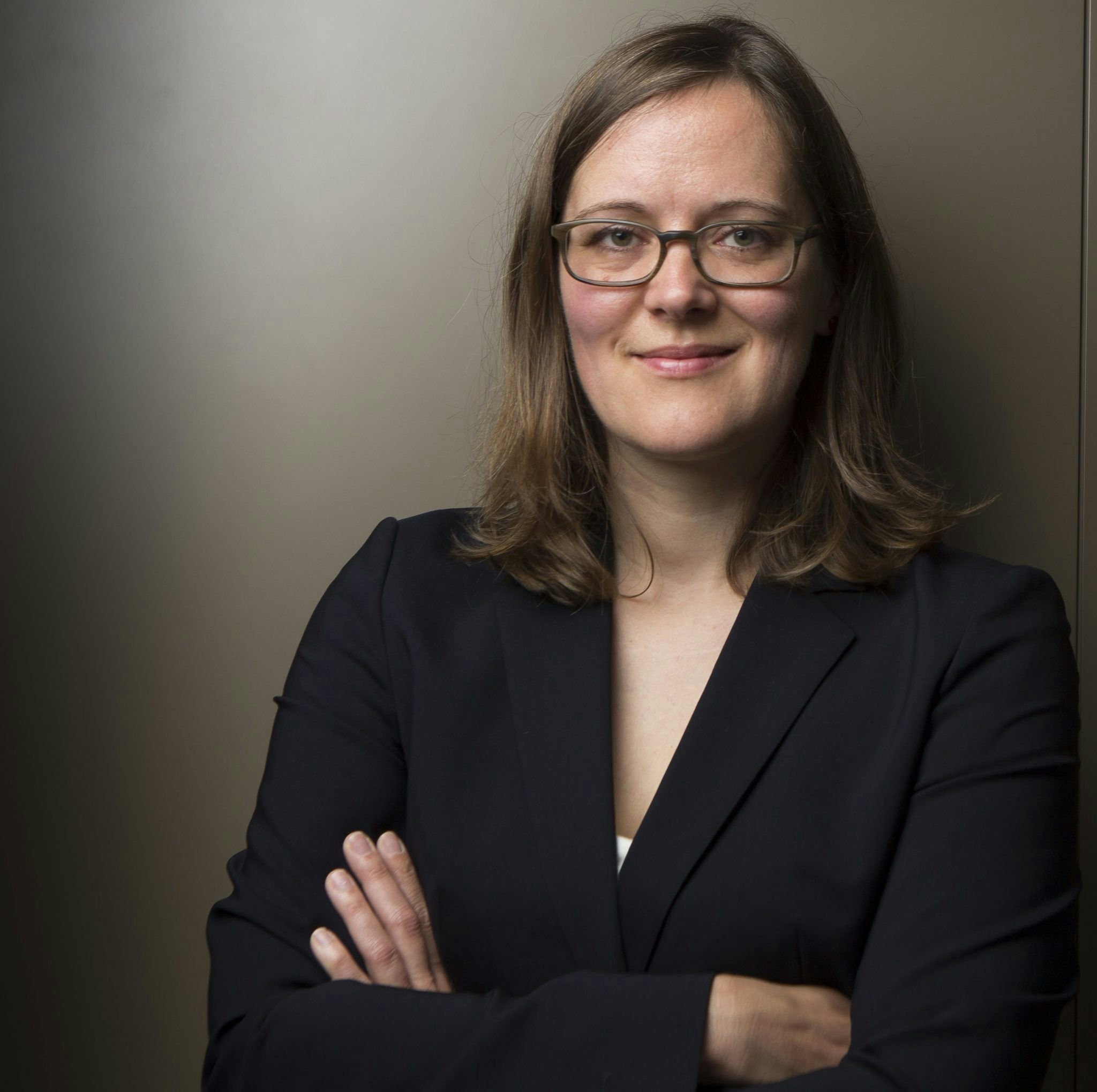
Katja Hofmann, a principal researcher at Microsoft Research's Game Intelligence group, has been doing some pioneering work in reinforcement learning, which is a subfield of AI. Her particular focus is building agents that can play video games.
Likes to tweet about: Games, Microsoft, reinforcement learning
Twitter handle: @katjahofmann
29. Julia Shaw (Spot)

Psychological scientist Julia Shaw is the cofounder of Spot, which is a software platform that aims to help companies tackle harassment and discrimination. It comes with harassment training, surveys and anonymous reporting. There is also an AI bot that employees can talk to when there's something wrong.
Likes to tweet about: Discrimination, psychology
Twitter handle: @drjuliashaw
30. Ivan Beckley (UCL)
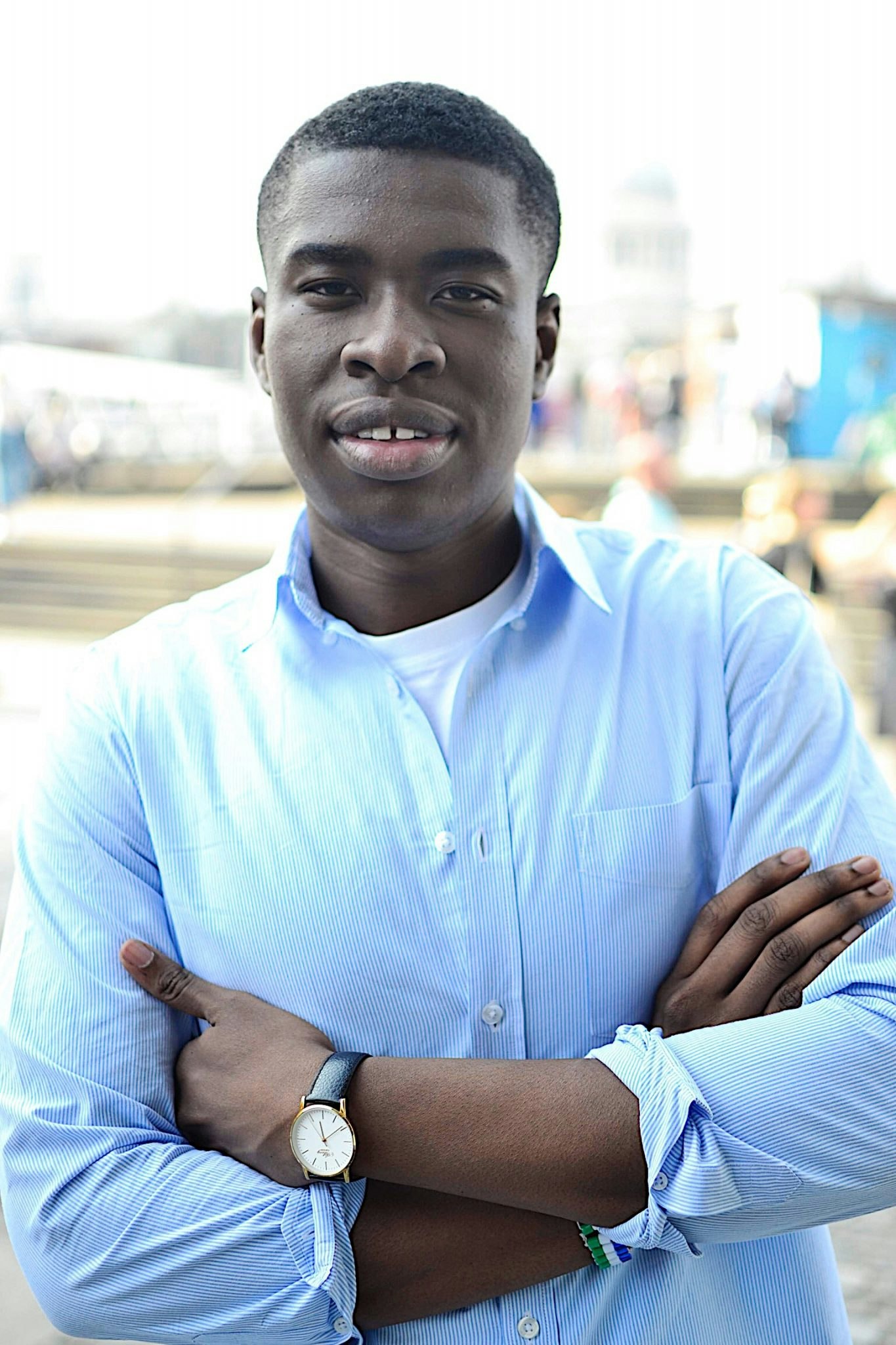
Ivan Beckley is a medical student at University College London (UCL). The South Londoner impressed DeepMind so much that the company decided to sponsor his master's degree.
Likes to tweet about: Healthcare, medicine, DeepMind
Twitter handle: @ivanbeckley

